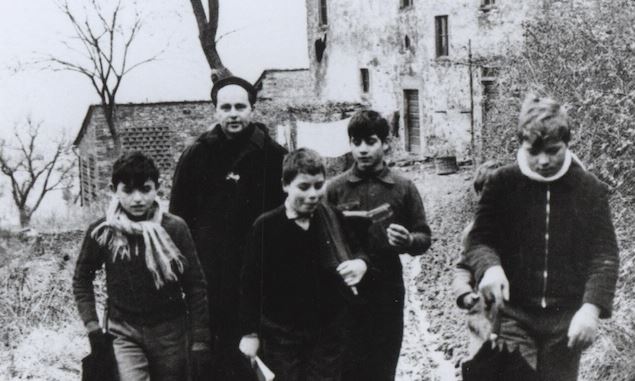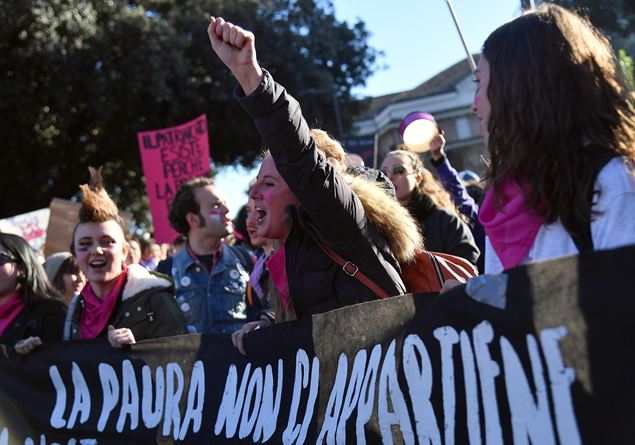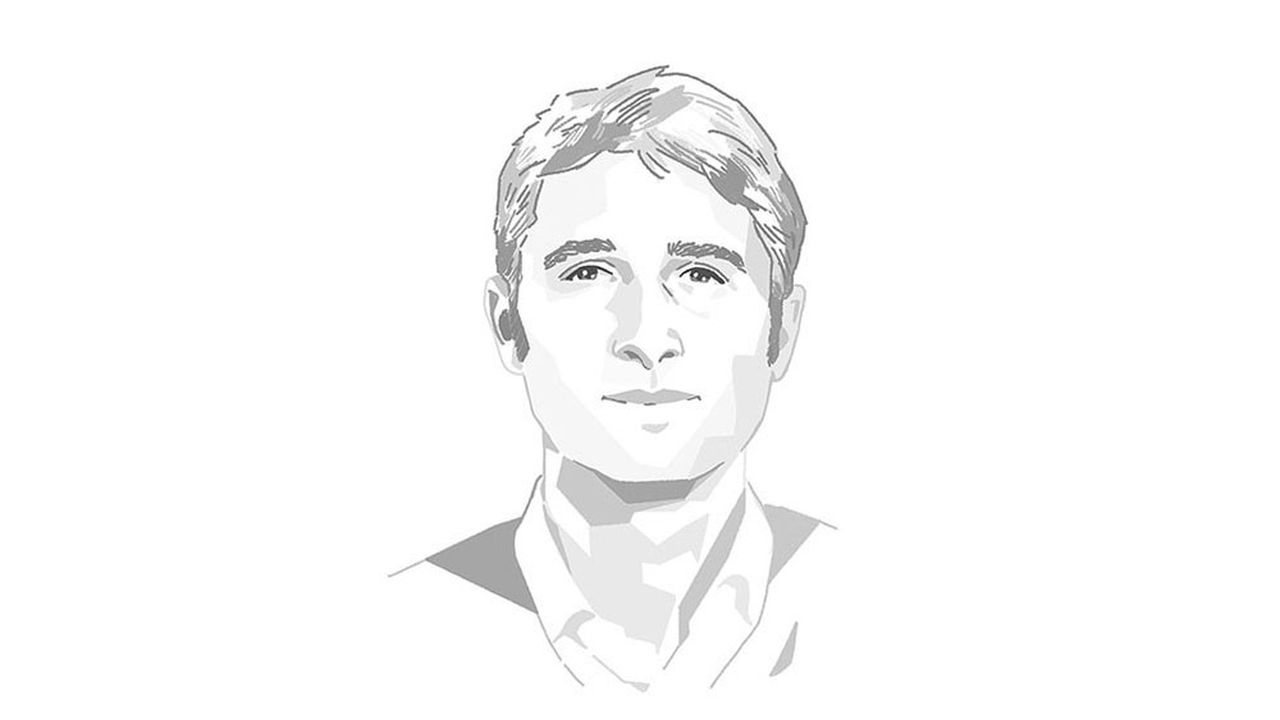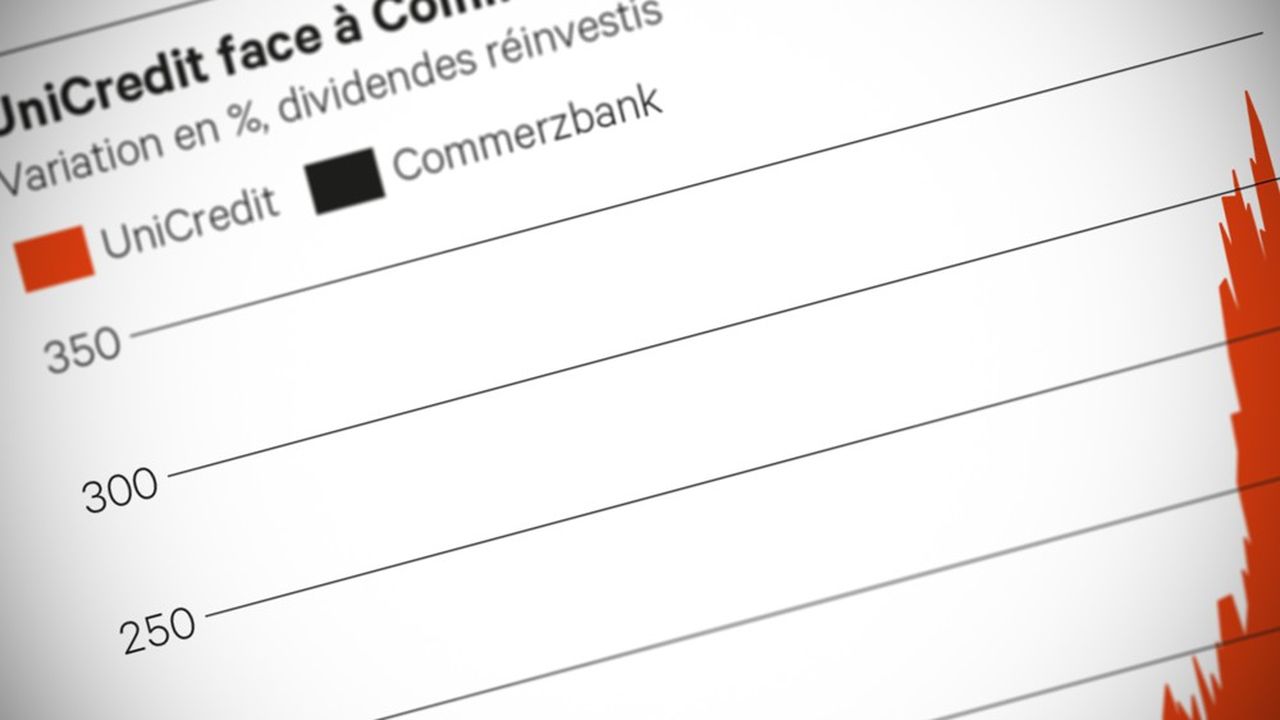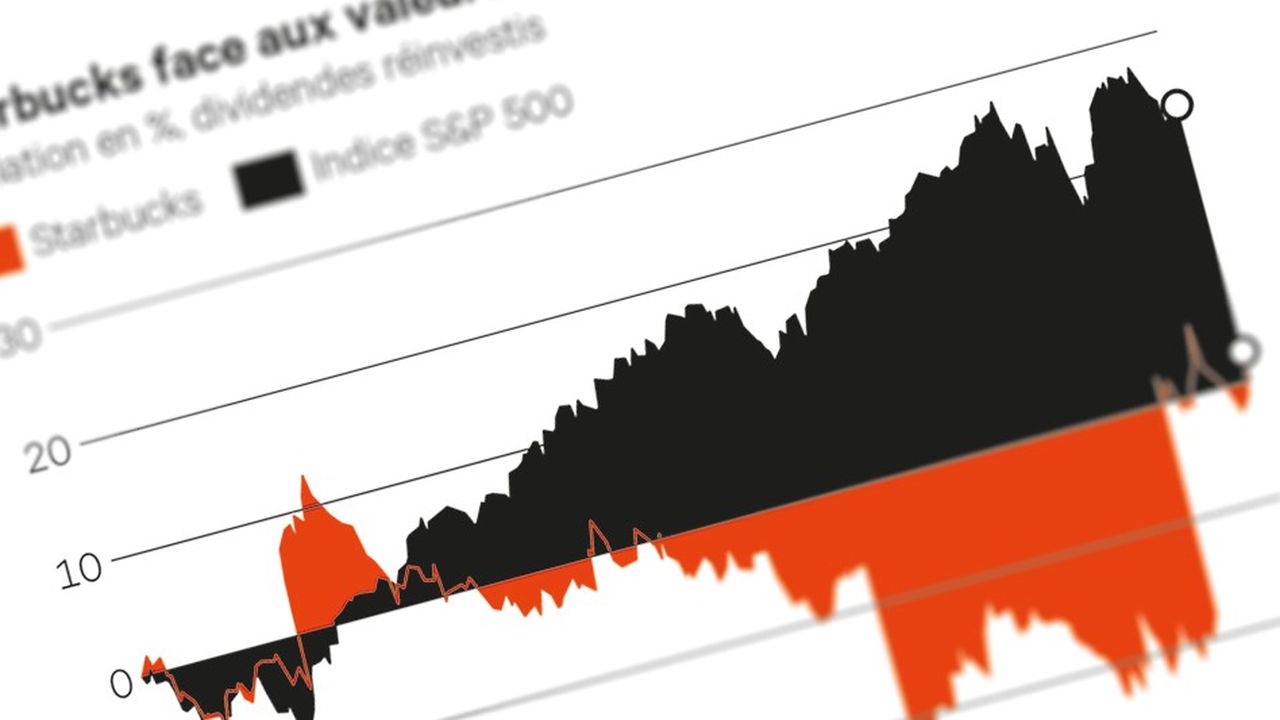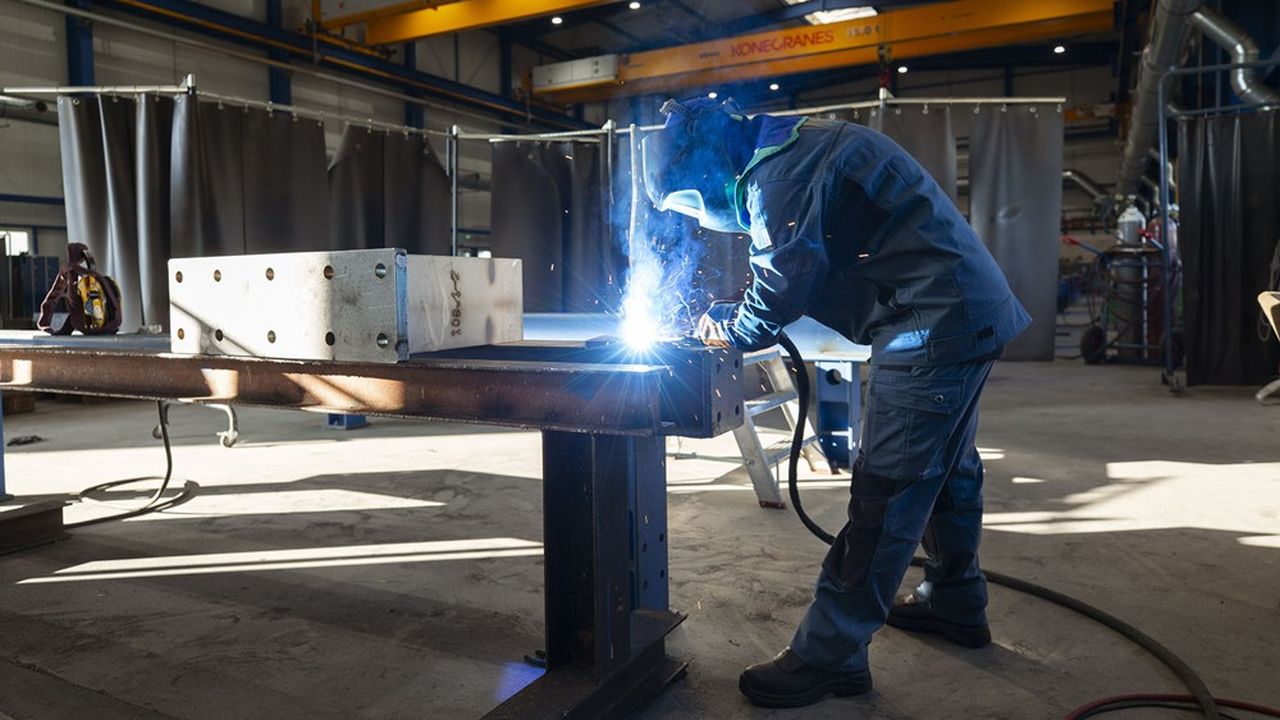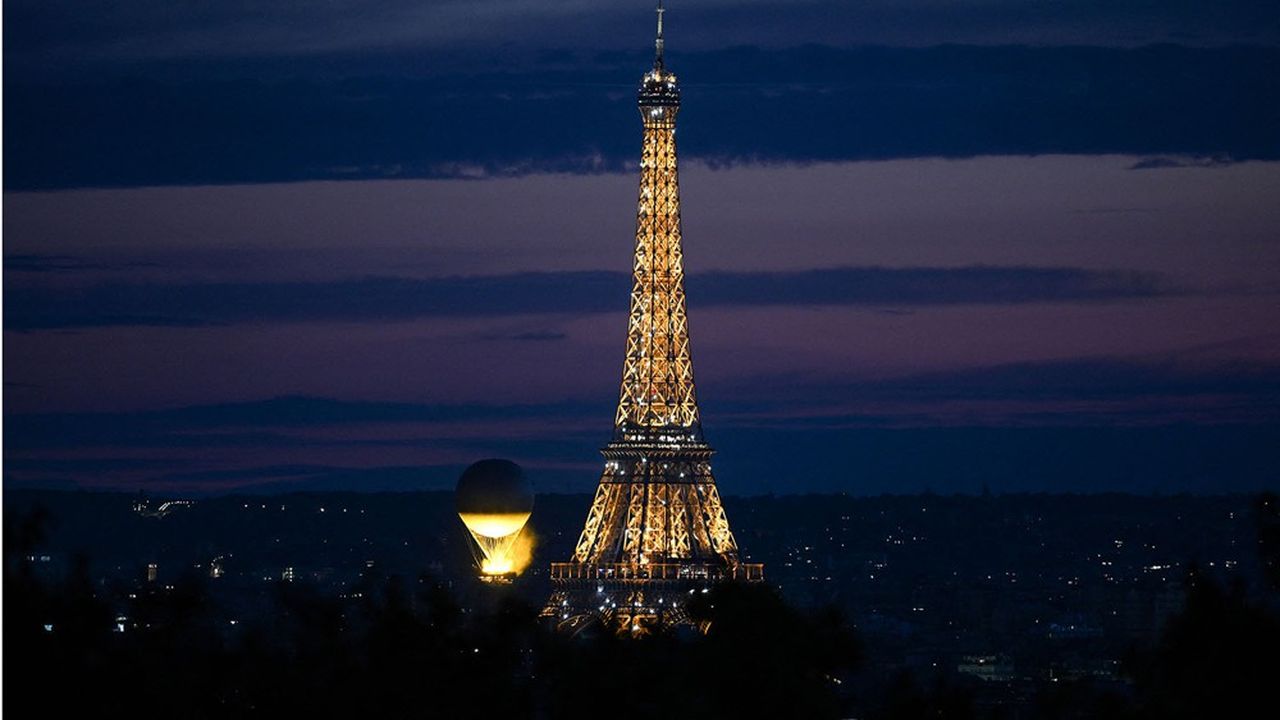
From their opening ceremony, the Olympic Games in Paris were an emotional and aesthetic shock, with moments of fervor and grace. From the outset, one of the surprises of this enchantment was the nautical parade of sports delegations: linking the shimmering and audacious artistic tableaux, floated all the countries, from the improbable and tiny to the known and expected. Acclaimed, the athletes made their way to the Trocadéro where 100 heads of state and a techno-martial Eiffel Tower in lasers and chainmail, struck with the five XXL rings, awaited them.
From July 26 to August 11, the story of this Paris that is said to be eternal, that of the City of Light, was formidably solid. This story was born almost 150 years ago from the meeting of the centenary of the French Revolution, two universal exhibitions (1889 and 1900) and the electrification of the city. The myth of the City of Light is that of the world capital of progress and progressivism. The Eiffel Tower is its synecdoche: it was literally the beacon of the 2024 Olympic Games as well as of the two universal exhibitions; its nocturnal scintillation, under the leadership of the professional and bilingual entertainers of the Olympic Games, electrified the beach volleyball tournament, itself a symbol of the universalization of sporting leisure activities, also staged in the events of the breathtaking urban park of the Concorde. Only the 72 names of scientists promoted in capital letters by Gustave Eiffel on his tower represent an outdated wavelength to this contemporary influence: only men, only French, only ancients.
